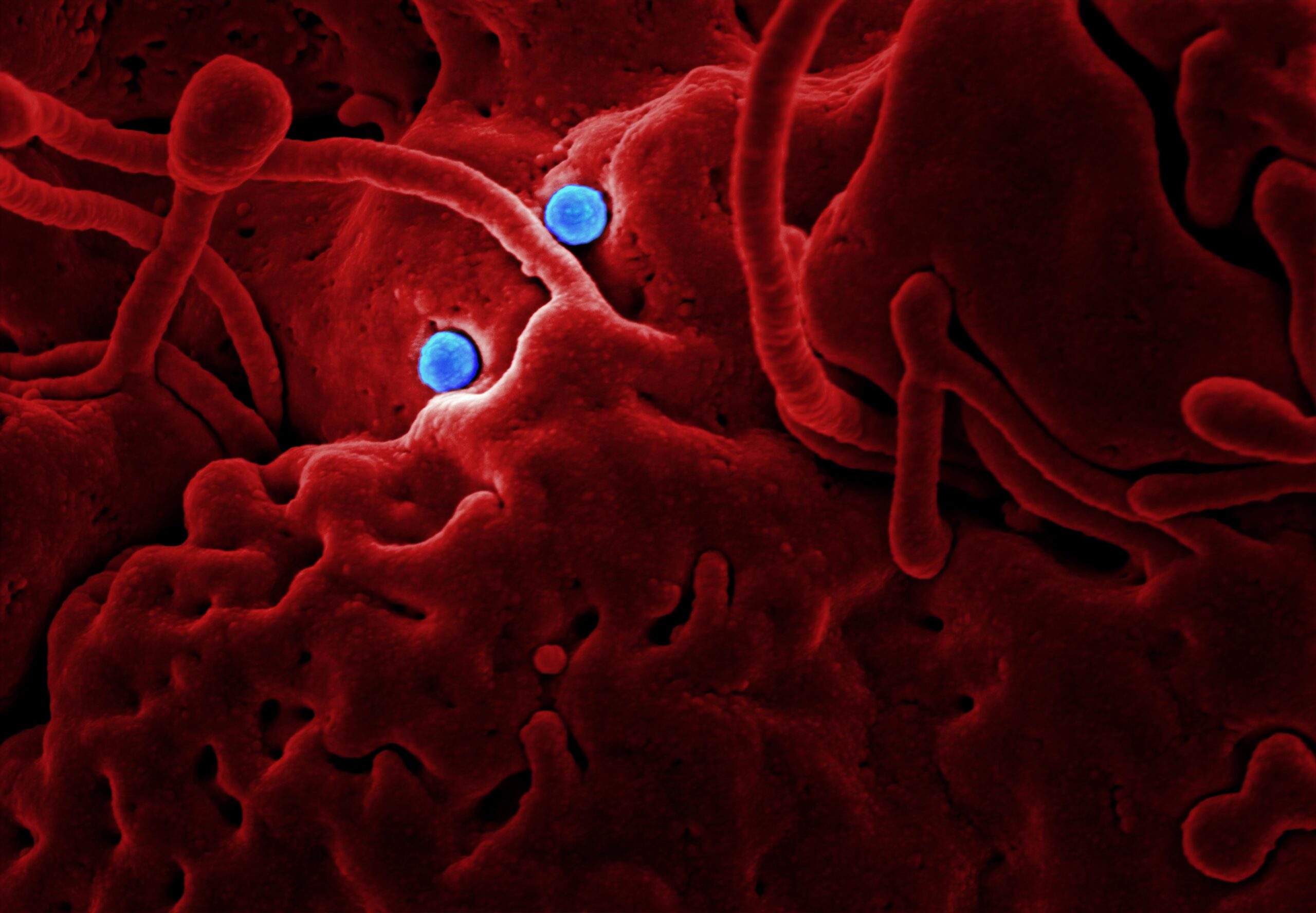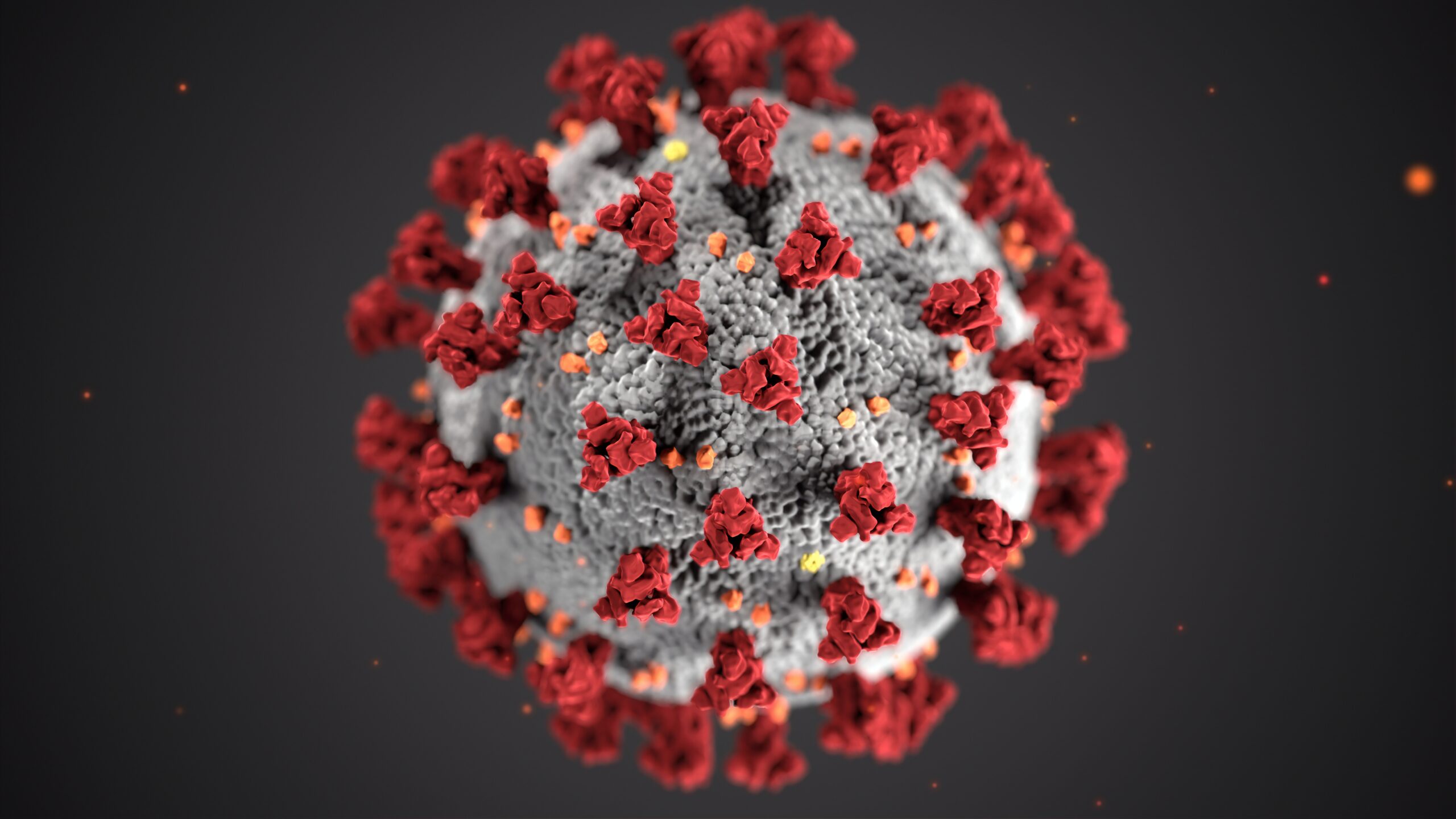Have you ever wondered if a yeast infection could be the reason behind your unpleasant-smelling urine? Well, you’re not alone. In this article, we will explore the connection between yeast infections and smelly urine, diving into the possible causes, symptoms, and treatments. So, if you’re curious about what could be causing that odor, keep reading to find out more.

Understanding Yeast Infections
What is a yeast infection?
A yeast infection, also known as candidiasis, is a common fungal infection caused by an overgrowth of the Candida species of yeast. While Candida is naturally present in our bodies, factors such as a weakened immune system, hormonal changes, or certain medications can disrupt the natural balance of yeast, leading to an infection. Yeast infections can occur in various parts of the body, including the mouth, throat, genital area, and even the urinary tract.
Common symptoms of yeast infections
Yeast infections can present a variety of symptoms depending on the affected area of the body. In the case of vaginal yeast infections, common symptoms include itching, burning sensation, swelling, and a thick white discharge that resembles cottage cheese. Oral thrush, another type of yeast infection, can cause creamy white lesions on the tongue and inside the cheeks.
How yeast infections occur
Yeast infections occur when there is an imbalance in the body’s normal flora, allowing the Candida yeast to multiply rapidly. This imbalance can be caused by factors such as antibiotic use, uncontrolled diabetes, or a weakened immune system. In the case of vaginal yeast infections, the use of certain feminine hygiene products, such as scented soaps or douches, can also disrupt the natural pH balance and lead to an overgrowth of yeast.
The Link between Yeast Infections and Urine
Effects of yeast infections on the urinary tract
Yeast infections can sometimes affect the urinary tract, leading to discomfort and urinary symptoms. When Candida overgrowth occurs in the urethra or bladder, it can cause conditions known as fungal urethritis or cystitis. These conditions can cause symptoms such as frequent urination, pain or burning during urination, and cloudy or bloody urine.
The role of yeast in urine formation
Yeast, being a type of fungus, does not directly contribute to urine formation. However, when a yeast infection affects the urinary tract, it can cause inflammation and irritation, which may in turn affect urine production and composition.
The direct impact of a yeast infection on urine
While yeast infections can indirectly affect urine by causing urinary symptoms, they do not directly cause a change in urine odor. Smelly urine is usually caused by other factors, such as dehydration, dietary choices, or the presence of certain infections. It is essential to understand that while yeast infections can be bothersome, they are not typically responsible for smelly urine.
The Cause of Smelly Urine
Normal versus abnormal urine smell
The smell of urine can vary depending on several factors, such as an individual’s diet, hydration levels, and overall health. Generally, healthy urine has a slightly acidic smell, which is considered normal. However, certain conditions or substances can cause urine to develop an unusual or unpleasant odor.
Common reasons for smelly urine
Smelly urine can be caused by various factors, including dehydration, consuming certain foods or medications, or the presence of infections. For example, asparagus, garlic, and certain medications can give urine a strong and distinct odor. Additionally, urinary tract infections (UTIs) and sexually transmitted infections (STIs) can also cause foul-smelling urine.
How infections change urine scent
Infections, including UTIs and STIs, can often be accompanied by changes in urine scent. When bacteria or other pathogens infect the urinary tract, they can release substances that alter the composition of urine, leading to an unpleasant odor. However, it is important to note that yeast infections alone do not directly cause smelly urine.
Can Yeast Infections Directly Cause Smelly Urine?
Analyzing the link between yeast infections and smelly urine
While yeast infections can lead to urinary symptoms, they are not directly responsible for causing smelly urine. The fungal overgrowth in a yeast infection typically affects the urinary tract, leading to discomfort, but not a change in urine odor.
Research on yeast infections and urine odor
Research has shown that yeast infections do not directly contribute to changes in urine odor. In a study published in the Journal of Clinical Microbiology, researchers analyzed urine samples from individuals with yeast infections and found no significant odor changes compared to control samples from healthy individuals without infections.
Factors influencing the smell of urine during a yeast infection
Although yeast infections do not directly cause smelly urine, the discomfort and inflammation they cause can sometimes lead to changes in urinary habits. For example, frequent urination or incomplete emptying of the bladder due to discomfort can potentially affect the concentration and composition of urine, which might indirectly contribute to changes in urine odor.

Other Infections that Cause Smelly Urine
Urinary tract infection and urine smell
Urinary tract infections (UTIs) are a common cause of smelly urine. When bacteria, such as Escherichia coli (E. coli), infect the urinary tract, they can release certain substances that alter the odor of urine. UTIs can cause symptoms such as a strong, unpleasant odor, cloudy or bloody urine, and a persistent urge to urinate.
Sexually transmitted infections and urine scent
Certain sexually transmitted infections (STIs) can also cause changes in urine scent. Infections such as gonorrhea or chlamydia can affect the urinary tract, leading to symptoms such as painful urination, discharge, and occasionally, a change in urine odor. It is crucial to seek medical attention if you suspect you may have an STI.
The role of bacterial infections in smelly urine
Bacterial infections, including those affecting the urinary tract or reproductive organs, can contribute to smelly urine. Bacteria can produce certain compounds that alter the odor of urine, leading to an unpleasant smell. Proper diagnosis and treatment are vital to address the underlying bacterial infection and alleviate the associated symptoms, including smelly urine.
Treating Yeast Infections to Eliminate Smelly Urine
Antifungal treatments for yeast infections
Yeast infections are commonly treated with antifungal medications, such as topical creams or oral tablets. These medications work to eliminate the overgrowth of Candida yeast and restore the natural balance of microorganisms in the affected area. By treating the yeast infection itself, you can address the urinary symptoms it may have caused.
The impact of treatment on urine odor
Treating a yeast infection can alleviate symptoms such as discomfort, itching, and urinary symptoms. While the treatment itself may not directly impact urine odor, it can help resolve the underlying infection and restore normal urinary function. If smelly urine persists or worsens after yeast infection treatment, it is essential to consult a healthcare provider for further evaluation.
Prognosis for odor after yeast infection treatment
In most cases, treating a yeast infection effectively should resolve any urinary symptoms and associated changes in urine odor. However, it is important to note that persistent or recurrent smelly urine may indicate other underlying factors that require medical attention. If you continue to experience abnormal urine odor or other concerning symptoms, it is best to consult a healthcare provider for a comprehensive evaluation.

Preventing Yeast Infections and Smelly Urine
Steps to avoid yeast infections
There are several measures you can take to help prevent yeast infections. Maintaining good hygiene, including keeping the genital area clean and dry, avoiding irritating hygiene products, and wearing breathable cotton underwear, can help reduce the risk of developing a yeast infection. Additionally, practicing safe sex, maintaining a healthy diet, and managing underlying health conditions, such as diabetes, can also contribute to preventing yeast infections.
Hygiene habits for preventing smelly urine
To prevent smelly urine, it is important to maintain good hydration and practice proper hygiene. Drinking an adequate amount of water throughout the day can help dilute urine and reduce the risk of strong odor. Additionally, it is essential to maintain proper genital hygiene, including cleaning the area with mild soap and water and avoiding tight-fitting underwear or pants that can trap heat and moisture.
Importance of regular screenings and early detection
Regular screenings and early detection of yeast infections and other related conditions are essential for maintaining optimal health. By seeking routine medical check-ups and screenings, you can identify and address any potential issues, including urinary symptoms or smelly urine, at an early stage. Early intervention can often prevent the progression of infections and improve treatment outcomes.
Myths and Misheld Beliefs About Yeast Infections and Smelly Urine
Common myths about yeast infections
There are several myths surrounding yeast infections, including the mistaken belief that they are solely caused by poor hygiene or being sexually transmitted. In reality, yeast infections can occur in individuals of all genders and ages, regardless of their hygiene practices. Other myths include the idea that douching or using scented products can prevent yeast infections, which is not supported by medical evidence.
Misunderstandings about causes of smelly urine
Smelly urine is often misunderstood, with many people assuming that yeast infections are solely responsible for the odor. However, as previously mentioned, smelly urine can be caused by various factors, including dehydration, dietary choices, and the presence of infections. It is important to approach the evaluation of urine odor with a comprehensive understanding, considering all potential causes.
The truth about yeast infections and urine odor
While yeast infections can cause urinary symptoms, such as discomfort or frequency, they are not directly responsible for smelly urine. Smelly urine is more commonly related to factors such as dehydration, dietary choices, or the presence of infections. It is crucial to seek medical evaluation if you are experiencing smelly urine to determine the underlying cause and receive appropriate treatment.
Consulting a Healthcare Provider About Smelly Urine
When to see a doctor about smelly urine
If you are experiencing persistent or concerning changes in urine odor, it is recommended to consult a healthcare provider. Additionally, if you have any associated symptoms such as pain during urination, frequent urination, or any signs of infection, seeking medical attention is important. A healthcare provider can evaluate your symptoms, perform diagnostic tests if necessary, and provide appropriate treatment based on the underlying cause.
What to expect during a medical visit about urine odor
During a medical visit concerning urine odor, your healthcare provider will likely ask you about your symptoms, medical history, and any recent changes in your health or lifestyle. They may also conduct a physical examination and request urine samples for laboratory analysis to identify any underlying infections or abnormalities. Based on the findings, they can provide a diagnosis and recommend appropriate treatment.
Questions to ask your healthcare provider about yeast infections and smelly urine
It is helpful to prepare questions to ask your healthcare provider to ensure you fully understand your condition and treatment options. Some questions you may consider asking include:
- What could be causing the smelly urine, and is it related to my yeast infection?
- Are there any additional tests or evaluations needed to determine the underlying cause?
- What treatment options are available to address both the yeast infection and the smelly urine?
- Are there any lifestyle changes or preventive measures I should consider to reduce the risk of recurrent yeast infections or smelly urine?
- When can I expect improvement in my symptoms, including the urine odor, after starting treatment?
By actively engaging with your healthcare provider, you can gain a better understanding of your condition and work together to develop an effective treatment plan.
Understanding the Connection Between Hydration and Urine Odor
The role of hydration in preventing smelly urine
Proper hydration plays a vital role in maintaining normal urine composition and preventing smelly urine. When you are adequately hydrated, your urine tends to be more diluted, reducing the concentration of any substances that can contribute to an unpleasant odor. Drinking enough water throughout the day is key to maintaining hydration levels and promoting optimal urinary health.
How dehydration can exacerbate urine scent
Dehydration can lead to more concentrated urine, which can intensify any naturally occurring odor. When the body lacks sufficient fluids, urine becomes more concentrated, potentially resulting in a stronger or more pungent smell. Inadequate hydration can also contribute to the formation of kidney stones or urinary tract infections, which can further affect urine scent.
The impact of drinking habits on yeast infections
While drinking enough water is essential for overall health, it does not directly impact the occurrence of yeast infections. However, maintaining proper hydration can indirectly support the body’s immune function and help prevent conditions that may increase the risk of yeast infections, such as urinary tract infections. By adopting a healthy drinking habit and staying well-hydrated, you can promote optimal urinary health and potentially reduce the risk of developing certain conditions associated with smelly urine.

